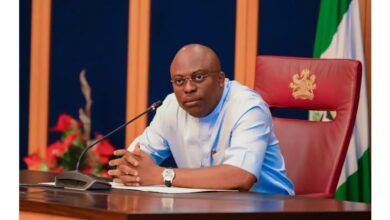Economy
-
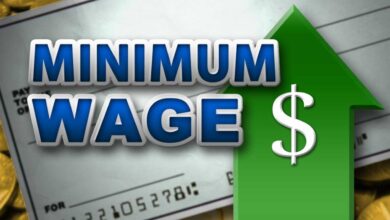
Abdulrazaq approves N70k minimum wage for Kwara civil servants
AbdulRahman AbdulRasaq, governor of Kwara, has approved N70,000 as the minimum wage for civil servants in the state.
Read More » -
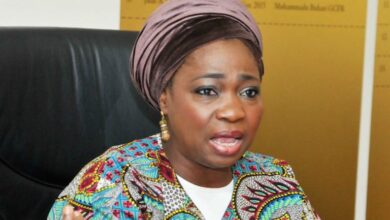
Diaspora remittances highest source of FX to Nigeria – NIDCOM CEO
he Chief Executive Officer, Nigerians in Diaspora Commission, Dr Abike Dabiri-Erewa, has said diaspora remittances are the highest source of…
Read More » -
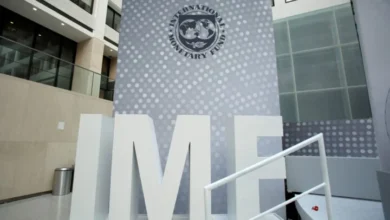
IMF to raise $8bn to reduce poverty in low-income countries
The International Monetary Fund (IMF) has announced a plan to raise $8 billion to reduce poverty in low-income countries.
Read More » -
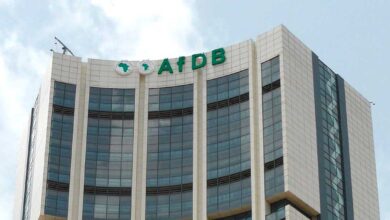
$100m approved for establishment of Youth Entrepreneurship Investment Bank in Nigeria – AfDB
The African Development Bank (AfDB) has approved $100 million for the establishment of the Youth Entrepreneurship Investment Bank in Nigeria.
Read More » -

$41bn unaccounted for in World Bank – Oxfam Int’l alleges
“There is no clear public record showing where this money went or how it was used, which makes any assessment…
Read More » -
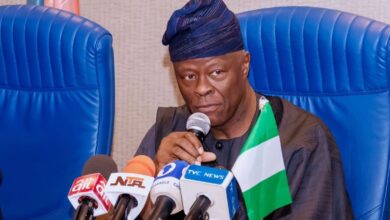
N10tr savings from subsidy removal for infrastructure, others – Finance Minister
Part of the funds saved from the termination of subsidies on petrol and forex will be used to fund education,…
Read More » -

Aviation: Nigeria no longer blacklisted as rating hits 75.5% – Keyamo
The minister assured that very soon, there would be more aircraft in Nigeria, and Juhi-2 aviation fuel may need to…
Read More » -

FULL LIST: States paying above N70,000 minimum wage
Borno State Governor, Babagana Zulum, announced that the state will commence payment of the new minimum wage starting October 2024.
Read More » -
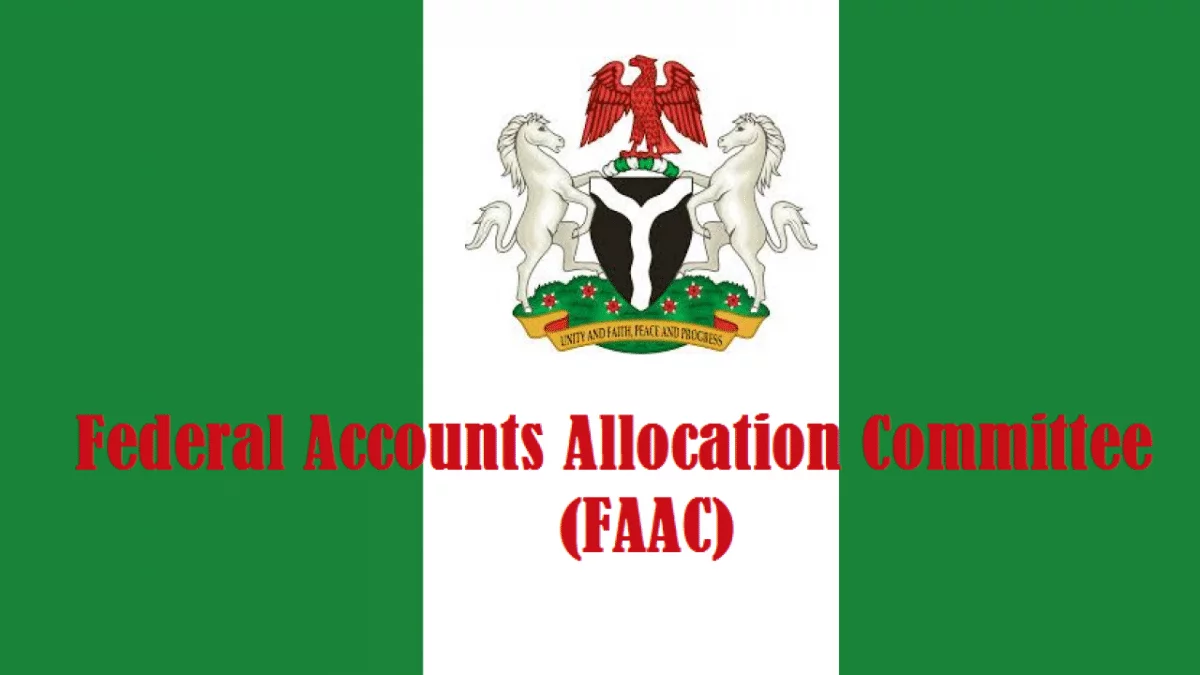
FAAC shares N1.298tr to Fed, States, LGAs for September 2024
A communiqué from the FAAC meeting noted the total available revenue for September 2024 stood at N2.258 trillion.
Read More »

